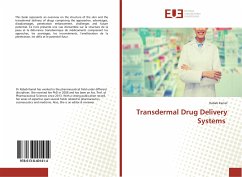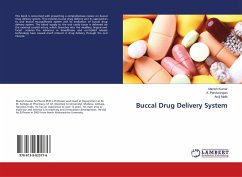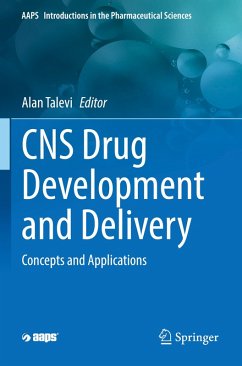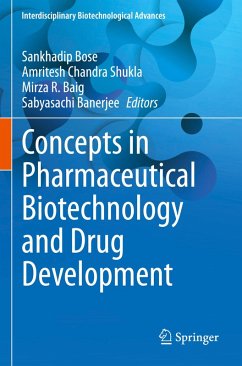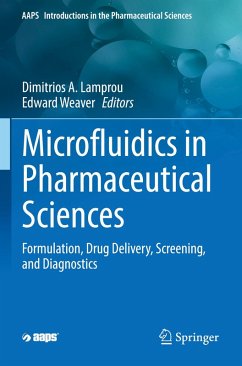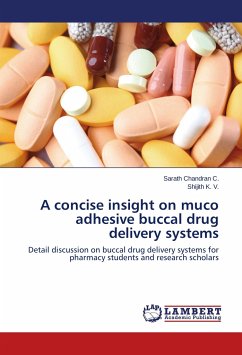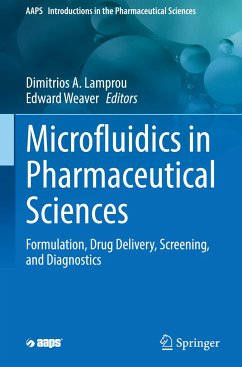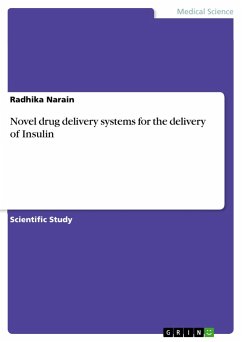
Novel drug delivery systems for the delivery of Insulin
Versandkostenfrei!
Versandfertig in 1-2 Wochen
15,95 €
inkl. MwSt.

PAYBACK Punkte
0 °P sammeln!
Scientific Study from the year 2014 in the subject Medicine - Pharmacology, grade: A, , language: English, abstract: The delivery of proteins is challenging due to their high molecular weight and hydrophilic structures, making them difficult to cross the ubiquitous lipidic membranes. Proteins have a unique structure which makes them suited to a unique function, therefore, maintenance of the structural integrity and stability of these macromolecules is also of a high concern as they can easily be denatured by temperature, pH and other physiochemical changes. The protein and peptide delivery sys...
Scientific Study from the year 2014 in the subject Medicine - Pharmacology, grade: A, , language: English, abstract: The delivery of proteins is challenging due to their high molecular weight and hydrophilic structures, making them difficult to cross the ubiquitous lipidic membranes. Proteins have a unique structure which makes them suited to a unique function, therefore, maintenance of the structural integrity and stability of these macromolecules is also of a high concern as they can easily be denatured by temperature, pH and other physiochemical changes. The protein and peptide delivery systems have to be designed in a way such that the drug carriers can protect the protein from proteases, increase its permeability through membranes, increase its absorption and bioavailability, sustain its release, with low dosage requirements and, increase its systemic circulation. The study presents the delivery of insulin through various routes: buccal, transdermal, oral and pulmonary, utilizing different novel carriers like polymeric nanoparticles, solid lipid nanoparticles, liposomes, nanoshells, nanospheres and nanoparticles encapsulated in microparticles, along with drug surface modification either by attaching peptide ligands or conjugating with polymers to enhance absorption and targeting capacity of the drug.



